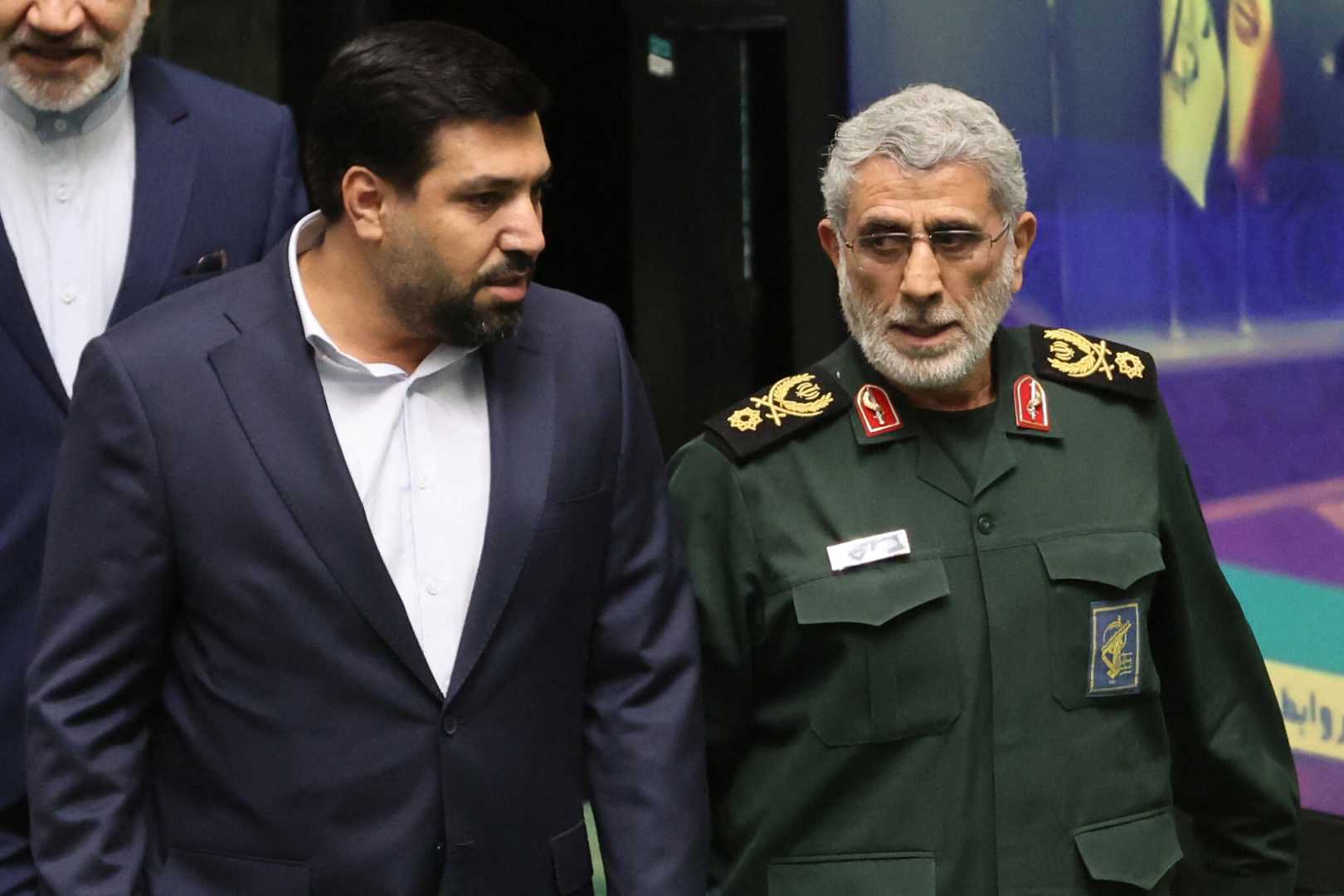News
Investigation Launched into Iranian Security Breaches Following High-Profile Assassinations

Esmail Qaani, the head of the Iranian Revolutionary Guard‘s elite Quds Force, remains unscathed amid ongoing investigations into significant security lapses. These inquiries are underway following a series of deadly Israeli airstrikes targeting leaders within the Iranian-led Axis of Resistance, sources informed the Middle East Eye.
The latest developments come after Hezbollah leader Hassan Nasrallah was reportedly killed in an Israeli airstrike in Beirut on September 27, triggering alarm within Iran’s Islamic Revolutionary Guard Corps (IRGC) regarding potential security penetrations. Subsequently, there have been widespread internal investigations within the IRGC to ascertain how Israeli forces managed to execute such high-level operations.
Sources across Tehran, Beirut, and Baghdad, including senior figures within Shia factions and individuals linked to Hezbollah and the IRGC, indicated that Qaani and his associates are under heavy scrutiny. Following the death of Nasrallah, the IRGC seeks to understand potential intelligence leaks that facilitated the infiltrations.
Qaani, who assumed leadership of the Quds Force following the assassination of General Qasem Soleimani in January 2020, is reportedly under a form of house arrest as part of the sweeping investigations. Despite rumors of his possible injury or death due to Israeli bombardments, eight sources confirmed to the Middle East Eye that Qaani remains physically unharmed.
Speculation has intensified following subsequent Israeli operations which allegedly resulted in the death of Hashem Safieddine, considered a successor to Nasrallah, during an Israeli strike on a Hezbollah base on October 4. The strike purportedly occurred during a meeting of Hezbollah’s Shura Council, leveling several buildings and ostensibly confirming a further breach of security, indicative of internal vulnerabilities.
The unfolding situation has raised questions about the security within ranks of the IRGC, particularly those operating in Lebanon and Iraq, where significant breaches seem evident. A commander of a faction allied with Iran remarked, “The Iranians have serious suspicions that the Israelis have infiltrated the Islamic Revolutionary Guard Corps.”
Qaani is believed to have traveled to Lebanon shortly before these incidents to evaluate the on-the-ground scenario. However, post-attack interactions revealed a communication blackout regarding his whereabouts, leading to heightened conjecture about internal divisions and penetrations within the Iranian defense apparatus.
The IRGC’s internal probes are now intensely concentrated on uncovering the breadth of the security breach and identifying its origins. The death of IRGC Brigadier General Abbas Nilforoushan, alongside Nasrallah, further exacerbates concerns, especially as Nilforoushan had flown into Beirut shortly before his assassination, raising red flags about operational security protocols.
The incident’s sensitive nature has attracted the oversight of Iran’s supreme leader, Ayatollah Ali Khamenei, as the investigations continue to unfold. The severity of these breaches has cast doubt over the security capabilities and resilience of Iran’s defense forces against external threats.












